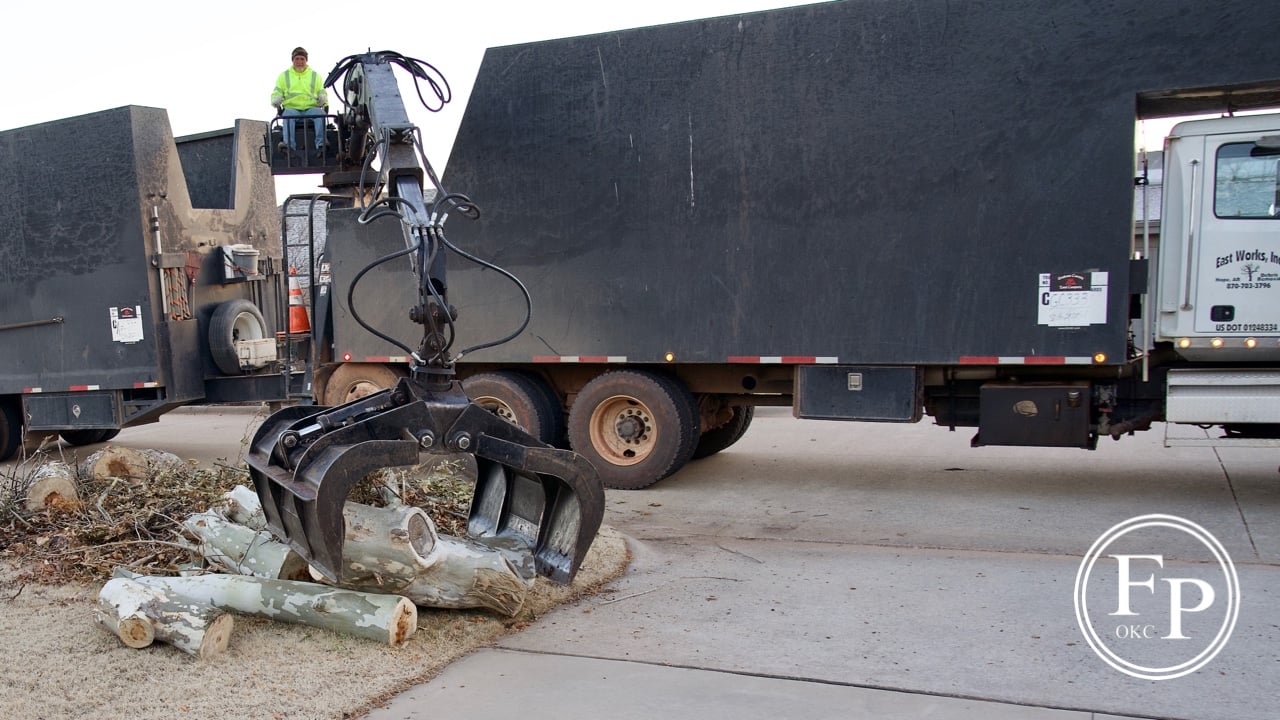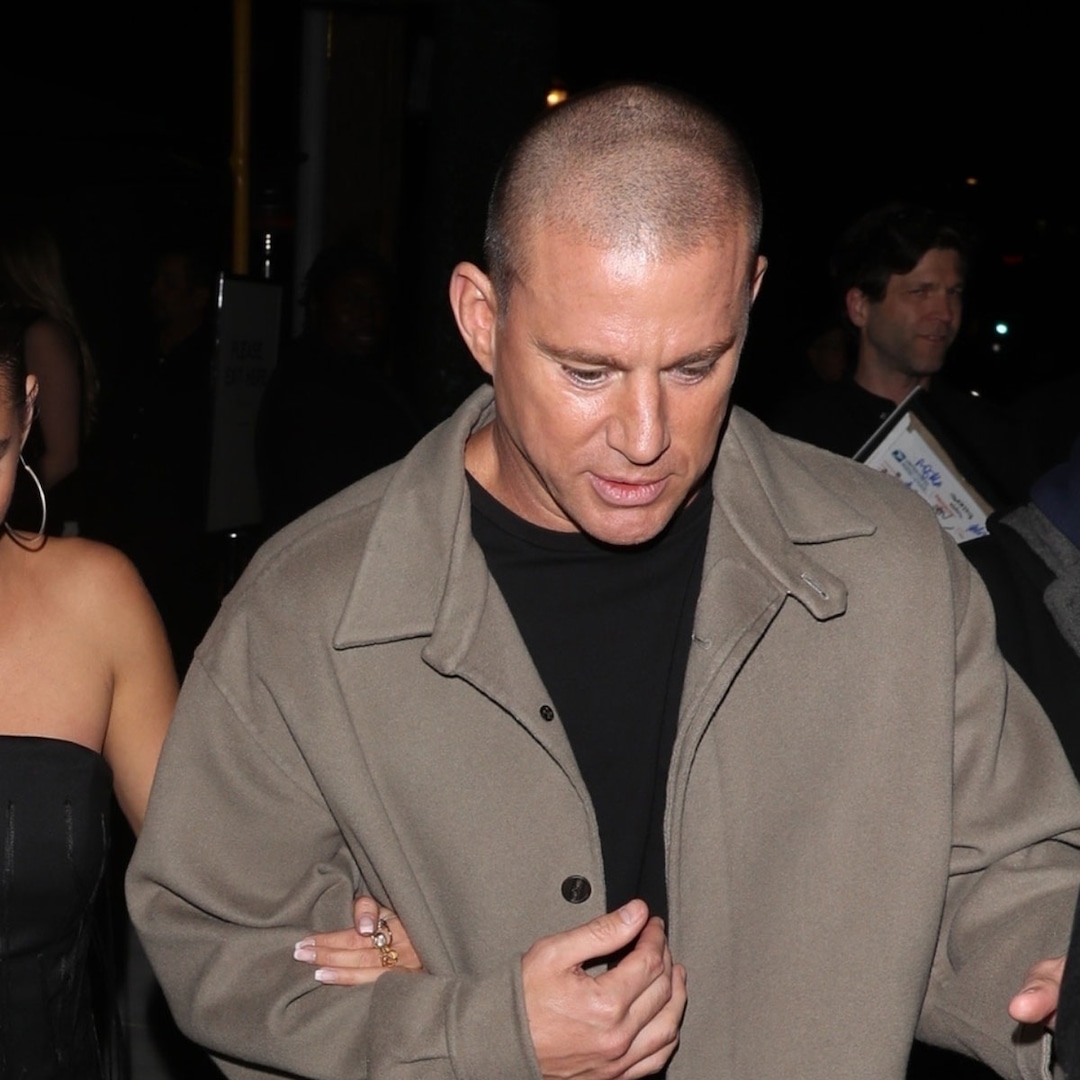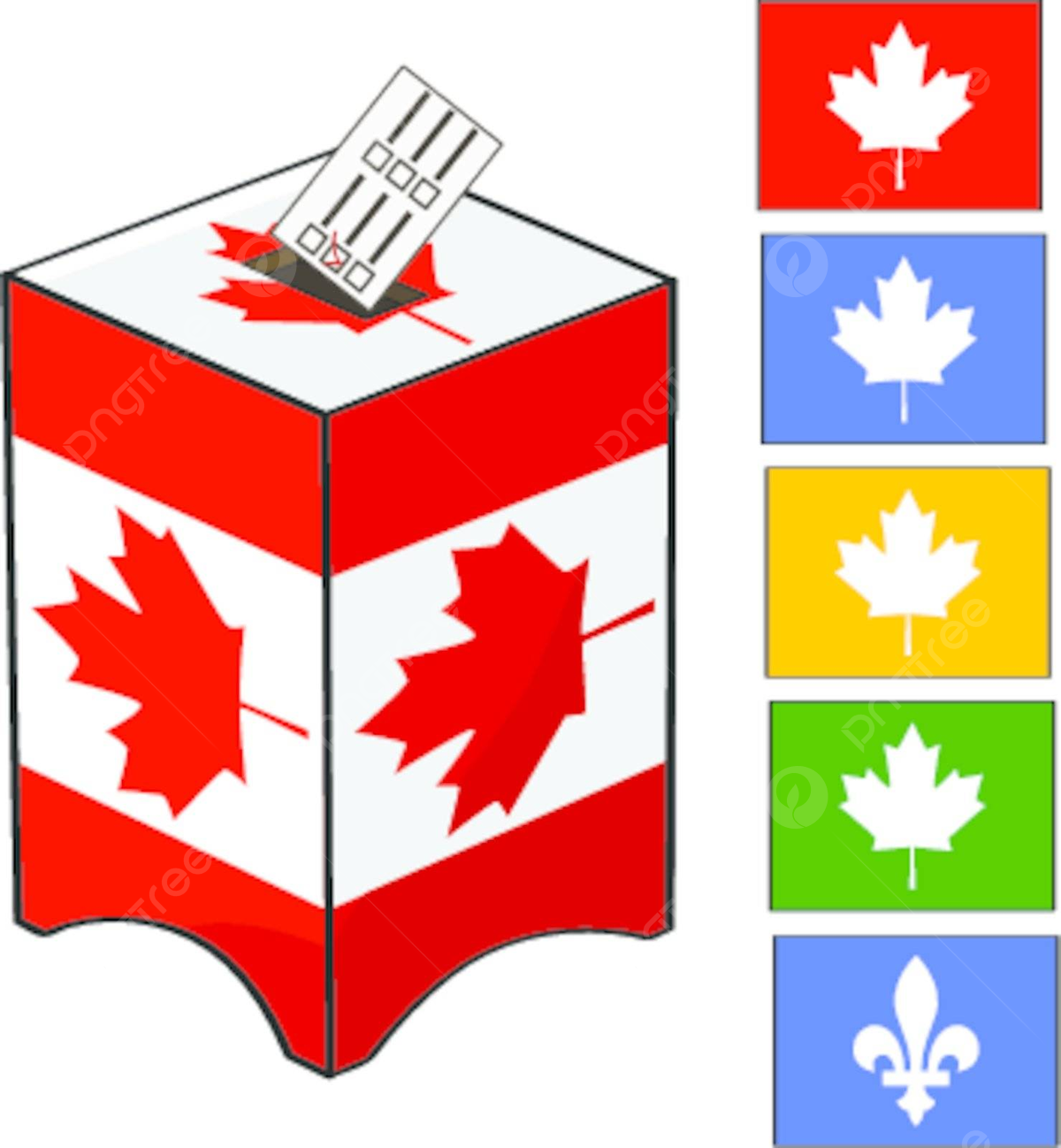Louisville Opens Storm Debris Removal: A Guide For Residents

Table of Contents
What Types of Debris Will Be Collected?
Understanding the Louisville debris removal guidelines is crucial for a successful cleanup. The city's program focuses on collecting debris directly resulting from the storm damage. This means certain materials are included, while others are not. Knowing this distinction will expedite the process and ensure efficient waste management for the entire city.
-
Acceptable debris:
- Tree limbs (under 8 feet in length): Please cut larger limbs into manageable sizes before placing them at the curb.
- Branches: Smaller branches and twigs should be bundled together for easier handling.
- Lumber: Broken pieces of wood from damaged structures should be separated from other debris.
- Shingles: Roofing shingles must be separated from other debris and piled neatly.
-
Unacceptable debris:
- Household garbage: Regular household trash should be placed in your designated trash receptacles.
- Appliances: Refrigerators, washing machines, and other large appliances require special disposal methods. Contact your local waste management provider for information.
- Electronics: TVs, computers, and other electronics must be recycled through designated programs.
- Hazardous waste (paint, chemicals): These materials require specialized handling and should be disposed of according to local regulations. Contact Metro Public Works for guidance.
- Construction debris: Materials from pre-existing construction projects are not included in this storm debris removal program.
- Tires: Tires need to be disposed of at designated tire recycling centers.
How to Prepare Your Debris for Pickup
Proper preparation is key to efficient Louisville storm debris disposal. Following these guidelines will ensure your debris is collected promptly and safely.
- Place debris in separate piles: Do not mix vegetative debris (branches, limbs) with other materials like lumber or shingles. Keeping debris separated speeds up the collection process.
- Maintain a safe distance: Keep piles at least 3 feet away from structures, mailboxes, utility meters, and parked cars. This prevents damage to property and ensures safe passage for collection crews.
- Avoid obstructions: Do not block streets, sidewalks, driveways, or fire hydrants. Keeping roadways clear is essential for emergency vehicles and efficient cleanup operations.
- Size restrictions: Cut branches and limbs to manageable sizes – ideally, no longer than 8 feet in length. This prevents hazards and makes handling easier for crews. Larger pieces may need to be handled separately and may require additional time for processing.
- Separate construction and demolition debris: If you have construction or demolition debris from storm damage, contact Metro Public Works for guidance on disposal. They may have separate guidelines and procedures for this type of waste.
The Louisville Storm Debris Removal Schedule and Process
The city is employing a phased approach to Louisville storm debris removal schedule, prioritizing areas with the most significant damage. This means the cleanup process will occur over several weeks or months. Specific timelines are difficult to establish in advance, however, information will be updated regularly.
- Neighborhood-by-neighborhood approach: The city will be working through neighborhoods systematically, making multiple passes as needed. Specific dates are not available yet.
- Online tracking tools: We anticipate a dedicated webpage will be created to track the progress of debris removal. Please refer to the Metro Public Works website for updates.
- Contact information: For any questions, concerns, or to report issues, please contact the Metro Public Works Department hotline at [Insert Phone Number Here] or visit their website at [Insert Website Address Here].
- Multiple passes anticipated: Due to the significant volume of debris, multiple passes through each neighborhood are likely. Please be patient and leave debris at the curb until it is removed.
Frequently Asked Questions (FAQs)
Here are answers to some common questions regarding Louisville storm debris removal FAQs.
- What if my debris is too large? If your debris is too large to manage, consider cutting it into smaller, manageable pieces. Contact Metro Public Works if you need assistance with larger items.
- What if I miss the initial pickup? The city will attempt multiple passes for each area, but if you miss the first collection, please be patient and keep the debris at the curb. It may be picked up in a subsequent pass. If not, contact Metro Public Works.
- What happens to the collected debris? The collected debris will be processed and disposed of appropriately, following all environmental guidelines. This may include recycling of certain materials.
- Who should I contact if I have questions or concerns? For questions or concerns, contact the Metro Public Works Department hotline at [Insert Phone Number Here] or visit their website at [Insert Website Address Here].
Conclusion
Effective Louisville storm debris removal relies on the cooperation of all residents. By properly sorting, placing, and understanding the schedule, we can expedite the cleanup process and rebuild our community. Remember to prioritize safety when preparing your debris, and always adhere to the guidelines.
Call to Action: Stay informed about the Louisville storm debris removal process by regularly checking the city's website and following updates from Metro Public Works. Properly preparing your debris for pickup will ensure efficient removal and help expedite the city's recovery efforts. Remember to consult the official Louisville storm debris removal guidelines for the most up-to-date information.

Featured Posts
-
 Post Zoe Kravitz Channing Tatum Spotted With Inka Williams At Pre Oscars Event
Apr 30, 2025
Post Zoe Kravitz Channing Tatum Spotted With Inka Williams At Pre Oscars Event
Apr 30, 2025 -
 Spds Coalition Challenges Addressing Youth Anger In Germany
Apr 30, 2025
Spds Coalition Challenges Addressing Youth Anger In Germany
Apr 30, 2025 -
 Canada Election 2024 Trumps Statements On Us Canada Ties
Apr 30, 2025
Canada Election 2024 Trumps Statements On Us Canada Ties
Apr 30, 2025 -
 Beyonces Moms Eyebrow Tip Blue Ivys Perfect Arches
Apr 30, 2025
Beyonces Moms Eyebrow Tip Blue Ivys Perfect Arches
Apr 30, 2025 -
 Lutto Nel Giornalismo Parlamentare Ricordando Mario Nanni
Apr 30, 2025
Lutto Nel Giornalismo Parlamentare Ricordando Mario Nanni
Apr 30, 2025
Latest Posts
-
 Royal Support Prince William Champions Homelessness Cause During Scottish Visit
May 01, 2025
Royal Support Prince William Champions Homelessness Cause During Scottish Visit
May 01, 2025 -
 Prince William And Kate Key Partnership Announced For Royal Initiative
May 01, 2025
Prince William And Kate Key Partnership Announced For Royal Initiative
May 01, 2025 -
 Prince William Meets Gail Porter Friendship And The Fight Against Homelessness In Scotland
May 01, 2025
Prince William Meets Gail Porter Friendship And The Fight Against Homelessness In Scotland
May 01, 2025 -
 New Partnership For Prince William And Kates Initiative
May 01, 2025
New Partnership For Prince William And Kates Initiative
May 01, 2025 -
 Prince Williams Scottish Visit A Warm Embrace And The Crusade Against Homelessness
May 01, 2025
Prince Williams Scottish Visit A Warm Embrace And The Crusade Against Homelessness
May 01, 2025
